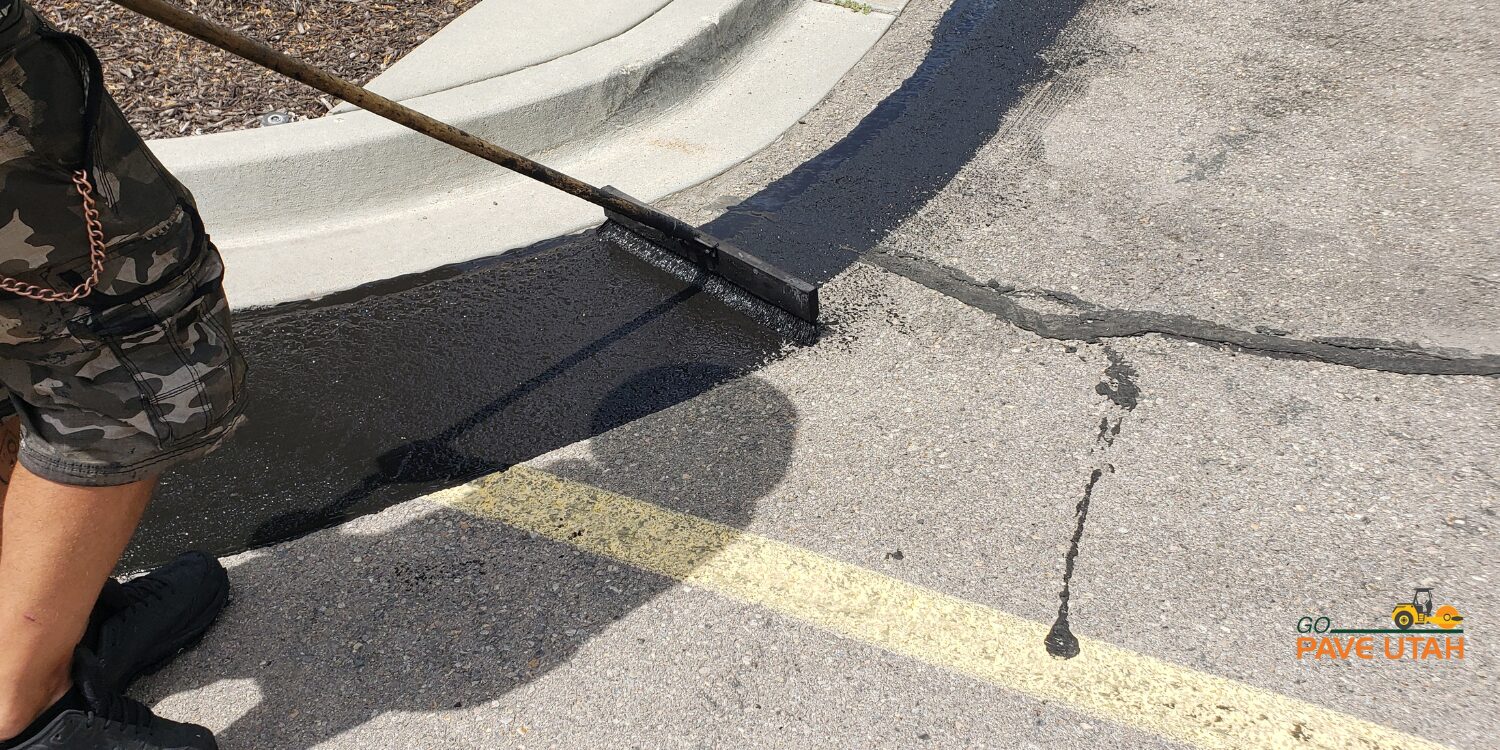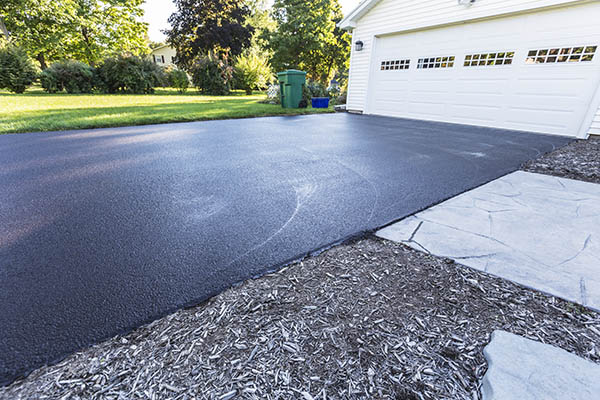Protect Surfaces with Specialist Asphalt Sealing: Cold Mix Basics
Protect Surfaces with Specialist Asphalt Sealing: Cold Mix Basics
Blog Article
Cold Mix Asphalt Vs. Hot Mix Asphalt: Which Is Right for You?

Make-up Differences
Cold mix and warm mix asphalts differ dramatically in their structure, with distinctive characteristics that influence their performance and applications. Cold mix asphalt is created by emulsifying the asphalt binder with water and an emulsifying representative before mixing it with accumulation. This method enables the asphalt to be convenient at reduced temperatures, making it ideal for short-lived repairs and for use in chillier weather. Warm mix asphalt, on the other hand, is produced at high temperatures, usually in between 300-350 ° F, which helps to attain far better compaction and an extra sturdy final item. The warm mix asphalt production process entails warming the aggregate and asphalt binder separately before integrating them at the asphalt plant.
In addition, cool mix asphalt has a tendency to be less dense and a lot more versatile than warm mix asphalt. This versatility makes it better suited for locations with higher degrees of activity, such as driveways or roads with heavy traffic. On the other hand, warm mix asphalt is recognized for its high toughness and resistance to rutting and breaking, making it a favored option for highways and high-traffic roads where durability is crucial.
Installation Refine Variations
The process of setting up cool mix and hot mix asphalt exhibits remarkable variations in their treatments and requirements. In contrast, hot mix asphalt requires an extra intricate setup procedure. Due to the home heating requirements, hot mix asphalt installations are generally carried out by experts with customized tools, making sure a more permanent and structurally sound result.
Durability and Durability Variables
When considering asphalt choices, toughness and long life are critical factors to examine for long-term sidewalk performance. Hot mix asphalt (HMA) is understood for its phenomenal sturdiness and longevity. The heats throughout the laying and blending process enable better compaction, leading to a denser and stronger pavement framework. This leads to HMA being extra resistant to hefty web traffic lots, extreme weather, and the impacts of aging compared to cool mix asphalt (CMA)
In terms of durability, HMA generally exceeds CMA as a result of its premium strength and resistance residential properties. HMA pavements have a longer life span, calling for much less constant fixings and maintenance, which can equate to cost financial savings in the future. In addition, HMA pavements are much more easily adjustable to meet certain task needs, even more read this post here enhancing their toughness.
Price Factors To Consider
Thinking about the monetary ramifications is a critical aspect when reviewing the choice between hot mix asphalt (HMA) and chilly mix asphalt (CMA) for pavement projects. While the first price of warm mix asphalt is normally higher than that of chilly mix asphalt, HMA usually provides a more affordable remedy in the lengthy run due to its remarkable durability and durability.
In enhancement to material expenses, it's vital to consider the expenses associated with installation and upkeep when comparing HMA and CMA. Ultimately, the decision in between HMA and CMA need to take into account not just the preliminary expense however additionally the long-lasting monetary ramifications to establish the most economical alternative for the certain pavement project.
Environmental Effect Comparison
Contrast of the ecological effects between warm mix asphalt (HMA) and chilly mix asphalt (CMA) reveals unique differences in sustainability practices. HMA production calls for high temperature levels, causing raised power intake and greenhouse gas emissions. The procedure additionally launches unpredictable organic substances (VOCs) and harmful air contaminants (HAPs) right into the ambience. In comparison, CMA is produced and used at reduced temperature levels, decreasing energy usage and emissions considerably. The lower production temperature levels of CMA cause decreased fuel usage and reduced degrees of CO2 emissions, making it an extra eco-friendly choice.
In addition, the usage of CMA typically involves recycling existing asphalt pavement, advertising source preservation and minimizing the amount of waste sent to garbage dumps. By opting for CMA over HMA, roadway building projects can add positively to environmental preservation Read More Here initiatives.
Verdict
Finally, the option in between cold mix asphalt (CMA) and warm mix asphalt (HMA) depends on different variables such as composition, installment process, toughness, longevity, expense, and ecological impact. asphalt patch repair. While CMA offers a quick and cost-efficient option for small repairs, HMA guarantees premium toughness and long life for rush hour areas. Take into consideration these factors very carefully to figure out which sort of asphalt is the right choice for your paving needs

Considering the economic effects is a critical aspect when examining the choice between warm mix asphalt (HMA) and chilly mix asphalt (CMA) for sidewalk projects. While the preliminary price of hot mix asphalt is typically greater than that of cool mix asphalt, HMA commonly offers a much more affordable service in the lengthy run due to its premium durability and long life. asphalt patch repair.Contrast of the environmental impacts between hot mix asphalt (HMA) and chilly mix go to the website asphalt (CMA) exposes distinct differences in sustainability techniques.In final thought, the selection between chilly mix asphalt (CMA) and hot mix asphalt (HMA) depends on numerous variables such as composition, installment procedure, durability, durability, expense, and environmental effect
Report this page